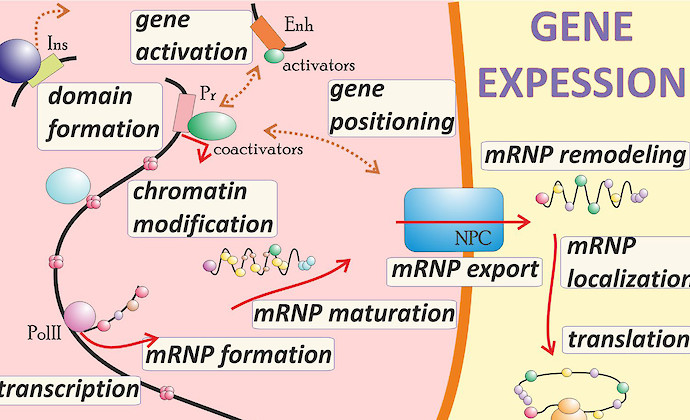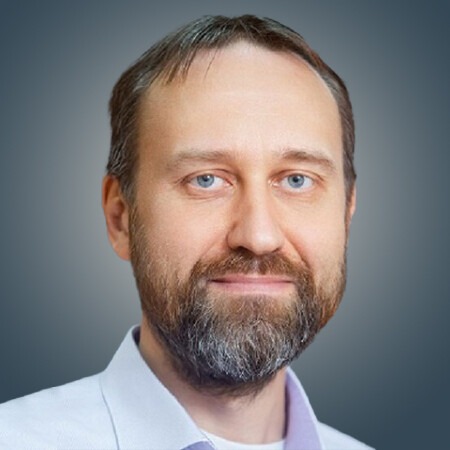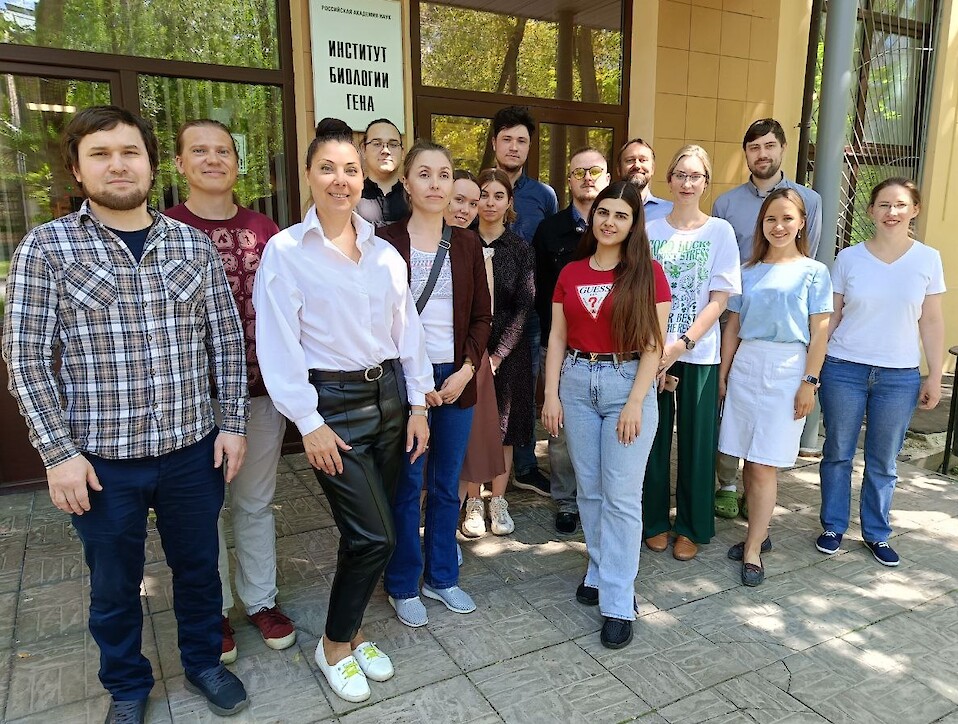The International Nucleome Consortium (INC) unites laboratories that study the structural and functional organization of chromatin in the cell nucleus. The tasks of the Сonsortium laboratories are to study the principles of the spatial organization of the genome and its dynamics by experimental methods, to model the dynamics of chromatin in the nucleus, to study the relationship between the structure of the genome and its functioning.
The main goal of the consortium is to support joint research between groups from different countries. The main members of the consortium are European Union countries, however, the consortium has representatives in other countries (including Russia).
The main tasks of the consortium:
- development of new high-throughput experimental methods for studying the structure of chromatin, improvement and integration of existing techniques (C-methods, light and electron microscopy);
- unification of methods, standards and data formats in these studies;
- creation of a collection of software for processing data obtained by the above methods;
- development of approaches to the big data analysis, modeling of the structure of chromatin;
- development of methods for storing samples in biobanks for further analysis using these methods;
- study of applied aspects of genome organization (in medicine, biotechnology);
- development of intellectual property issues, establishment of cooperation with commercial companies.
The consortium provides financial support for short-term visits (for young scientists predominately) for training and establishing new contacts between groups from different countries. In addition, the consortium can be used as a platform for EU-level grants for researchers from different countries, as well as for joint publications. The consortium provides access to expensive instruments from various laboratories.
The consortium maintains a database of researchers in the field of studying the structure of the genome (an application for inclusion in the database can be left on the website). (https://inc-cost.eu/researchers-database/)
The consortium hosts conferences and schools. Regular webinars (INC Academy) have been organized, there is access to the archive of past webinars.
Consortium representatives in Russia:
Yulii Shidlovskii, Institute of Gene Biology RAS, yul.biogen@gmail.com
Veniamin Fishman, Institute of Cytology and Genetics SB RAS, minja@bionet.nsc.ru



